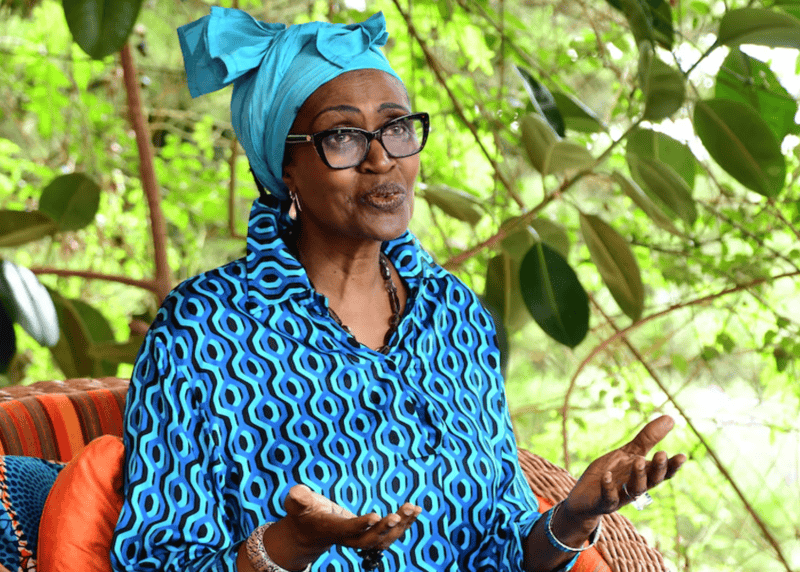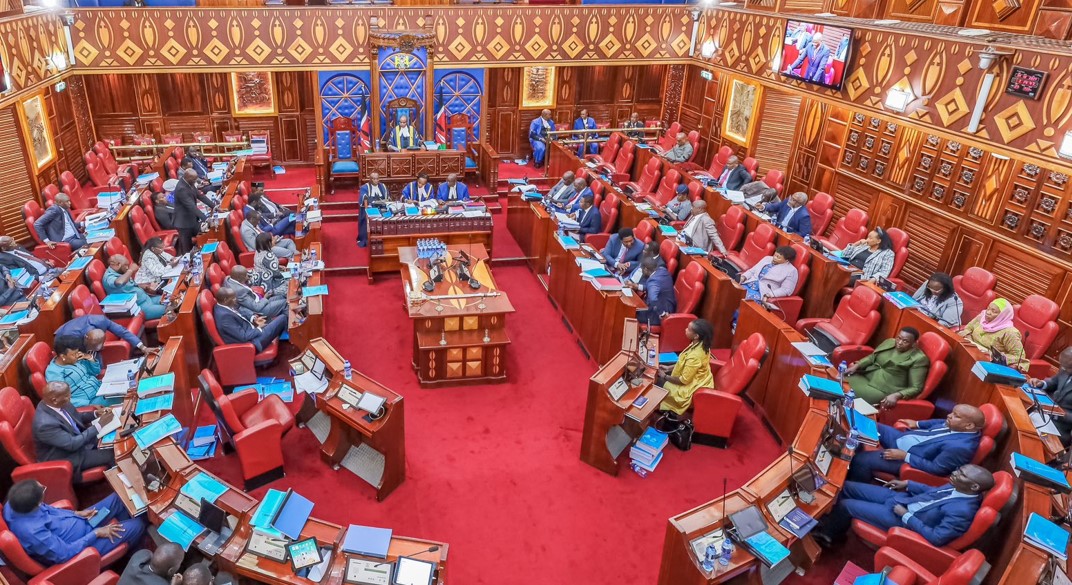University student enrollment in Kenya doubles, surpassing 600,000 mark in 2024

The report also pointed to the introduction of the Privately Sponsored Students Programme (PSSP), commonly referred to as Module II, as a major contributor to the growing university student population.
The population of students in Kenyan universities has more than doubled over 12 years, increasing from 240,551 in 2012 to 606,488 in 2024, according to a report by the Commission for University Education (CUE).
In a report presented before the National Assembly’s Departmental Committee on Education, the commission has linked the 152 per cent growth to a government policy that allowed all qualifying students who met the minimum entry criteria to access university education.
More To Read
- Tension mounts as school heads, teachers’ union reject new TSC leadership structure
- 78 people arrested over exam malpractice as KCSE enters final stretch
- TSC calls on teachers to embrace professional development for CBE curriculum
- How AI is reshaping education across Africa
- Kenyan school wins global education award in Dubai
- Education Ministry closes 10 ‘ghost’ schools as audit finds 6,000 under-enrolled institutions
“The rapid increase in student enrollment could be attributed to the government policy of opening access to all students who met the minimum admission requirements to be absorbed in the university,” reads the report.
The report also pointed to the introduction of the Privately Sponsored Students Programme (PSSP), commonly referred to as Module II, as a major contributor to the growing university student population.
“The introduction of the privately sponsored students programme (PSSP) - Module II, contributed significantly to the increase in student numbers in universities,” the commission said.
CUE observed that the majority of university students are enrolled in public chartered universities, creating an imbalance in student distribution across institutions.
“The largest proportion of the students are enrolled in public chartered universities, reflecting a skewed representation of students in the university education sector in Kenya,” reads the report.
The commission described the most striking feature of Kenya’s university education as its rapid expansion in both student numbers and the number of institutions, especially over the past two decades.
In 2012, Kenya had 33 fully-fledged universities, seven public and 26 private. By 2025, the total number had risen to 67, consisting of 38 public and 29 private universities. Thirteen other institutions were reported to be at various stages of accreditation.
“This represents a 41 per cent increase in 20 years, making the country ranked fifth, after Nigeria, South Africa, Egypt and Ghana in the number of universities,” the commission said.
CUE emphasised the critical role university education plays in national development, particularly in enhancing technical and social capacity.
“University education plays an important role in building capacity for the technical and social advancement of nations,” the commission noted.
The report was submitted in response to a request by the parliamentary committee, outlined in a letter referenced NA/DCC/EDUC/025/9052 and dated April 8, 2025. MPs had sought detailed information on student admissions, university capacity, accreditation and compliance, quality assurance, and regulatory challenges.
They also requested clarity on institutions holding graduation ceremonies without CUE approval, the future outlook of higher education in Kenya, and the measures being taken to address the proliferation of fake degrees.
Top Stories Today














































